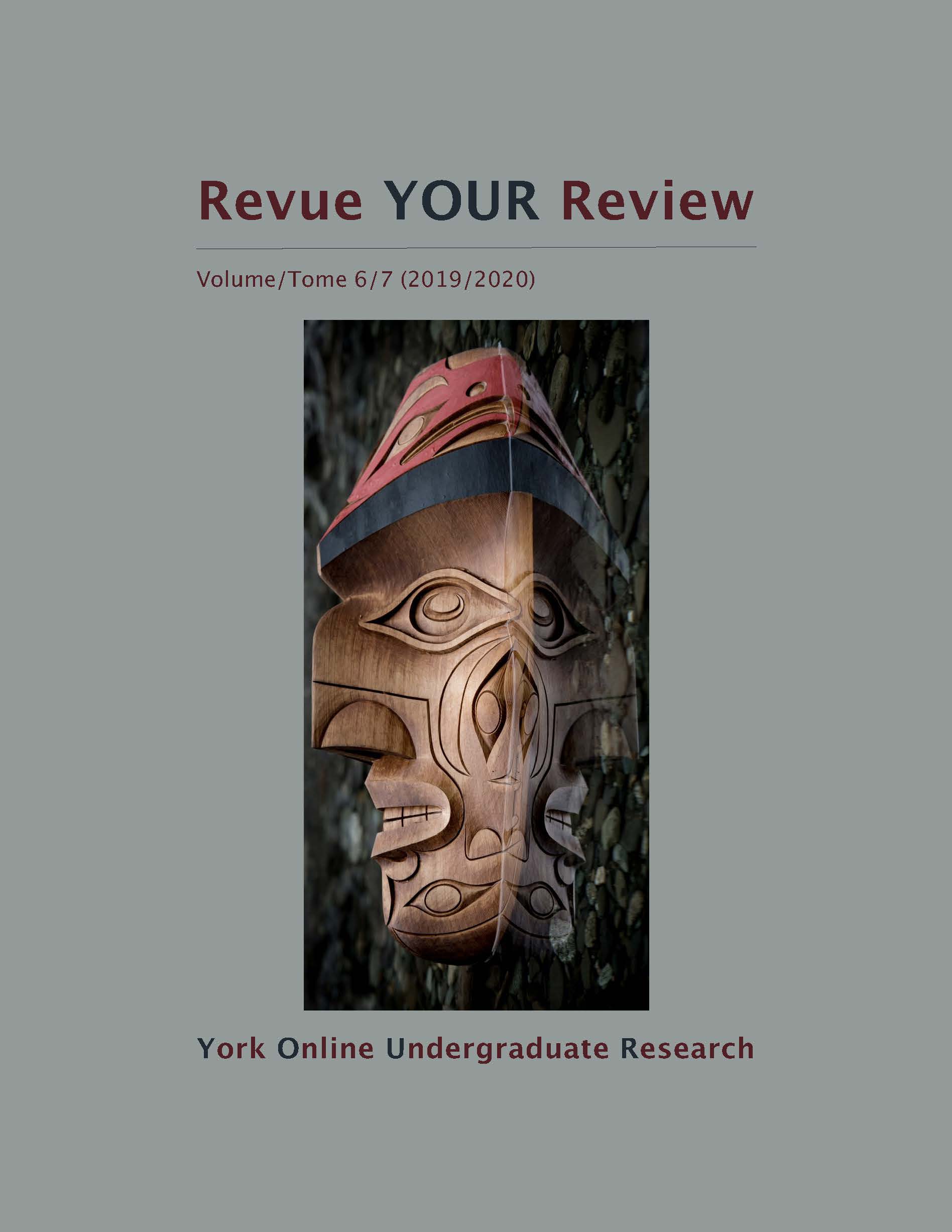Animal/Human Relationships, Indigenous Ways of Knowing, and Species Extinction
Abstract
We humans coexist within the biosphere and live among other creatures, and thus have a duty to protect and preserve the environment. The purpose of this research is to deconstruct the human/animal relationship through biocentric and biophilic perspectives, challenging the modern Western anthropocentric view of non-humans and nature as compared to the Indigenous way of life, deeply rooted in Traditional Ecological Knowledge. Through a critical analysis of scholarly books and journals, I compare and contrast Indigenous ways of living with the western human/animal relationships, assessing the impact of our coexistence in the natural and urban environments. Well-respected and renowned scientists have long warned that the current rate of resource consumption is unsustainable and will result in an inter-generational human threats as well as threats to non-human life and peril to plants. Without an immediate change in human behaviour, we are heading towards a loss of biodiversity. This research highlights the importance of decelerating species extinction by integrating Indigenous Traditional Ecological Knowledge with western science to inform governments, private interest groups, and the public.
Downloads
Published
How to Cite
Issue
Section
License
LicenseAuthors contributing to Revue YOUR Review agree to release their articles under one of three Creative Commons licenses: Creative Commons Attribution 4.0 International; Creative Commons Attribution-NonCommercial 4.0 International; or Creative Commons Attribution-NoDerivatives 4.0 International. All editorial content, posters, and abstracts on this site are licensed under Creative Commons Attribution-NoDerivatives 4.0 International. For further information about each license, see:
https://creativecommons.org/licenses/
In all cases, authors retain copyright of their work and grant the e-journal right of first publication. Authors are able to enter into other contractual arrangements for the non-exclusive distribution of the e-journal's published version of the article (e.g., post it to an institutional repository or publish it in a book or in another journal), with an acknowledgement of its initial publication in this e-journal.


